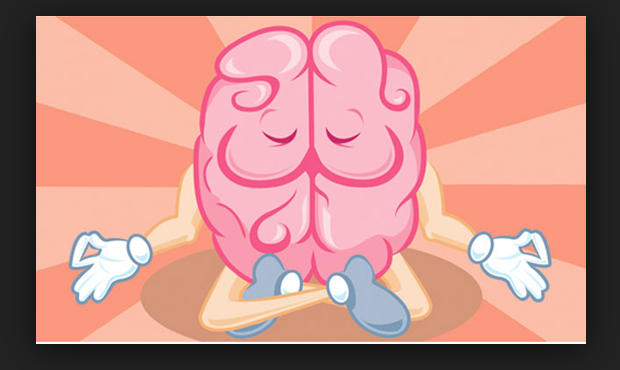
19 Jul Yoga and Your Brain
I have a love/hate relationship with technology. I love the convenience of having my iPhone, tablet, and computer, but I know that in addition to messing with my posture, they are very distracting. There is a lot of research about how often office workers are interrupted (every 3 minutes, every 11 minutes) and how long it takes that worker to get back to what they were doing before they were interrupted (up to 25 minutes). There is further research out of Carnegie Mellon University’s Human-Computer Interaction Lab that suggests the distractions are making us less intelligent. Our brains are taxed heavily when we have to go between activities, or if we try to do two things at the same time. The idea that we are effective multitaskers is proving to be a fallacy. The flood of information, emails, texts, messages, Snapchats, and Tweets we are exposed to appears to be too much of a good thing.
Earlier this month, The New York Times reported the findings of a UCLA study that measured the effects of yoga and meditation’s on the brains of individuals who were concerned about their brain health. In a nutshell, participants were divided into two groups; one of which took part in a well-established brain-training program, and the other did yoga and meditation. The post-study brain scans showed that the people in the second group had developed increased communication between the parts of their brains involved in memory and language skills – big news! Particularly interesting to me was what the researchers said about the type of meditation that was done. “Kirtan Kriya” is a meditation practice that combines sounds and movements, and it seems that the movement was key to their findings. One of the researchers pointed out that while there was likely a reduction in stress hormones as a result of meditation, “movement also increases the levels of various biochemicals in the muscles and brain that are associated with improved brain health.”
I was particularly heartened to read the results of this study, because in my experience as a yoga student and teacher, I have come to understand what B.K.S Iyengar meant when he said that the practice of Iyengar yoga is “meditation in action.” In my classes, I teach students to use focused attention on the movements and actions in the poses to bring increased concentration and awareness to their bodies and minds. I do the same in my personal practice. By doing this, we learn how to remain present, open, focused, curious, and attentive while moving our bodies in ways that make us stronger and more flexible. What’s not to love about that?!
You can read the whole article here: http://well.blogs.nytimes.com/2016/06/01/yoga-may-be-good-for-the-brain/


No Comments